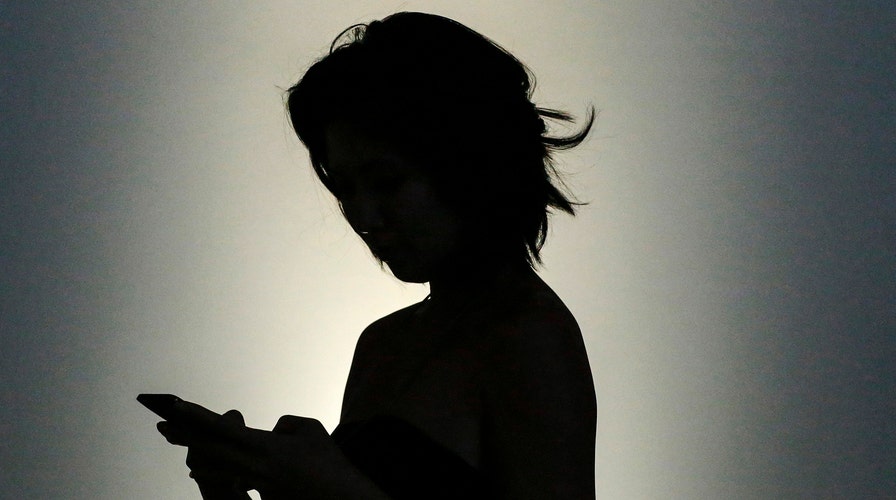Fox News Flash top headlines for April 17
Fox News Flash top headlines are here. Check out what's clicking on Foxnews.com.
Get all the latest news on coronavirus and more delivered daily to your inbox. Sign up here.
Fraud alerts are going out from U.S. banks in the wake of the coronavirus pandemic.
In an email sent out earlier this week, Bank of America advised its customers not to respond to unsolicited requests for their account or personal information such as access codes, PINs or Federal Student Aid (FSA) IDs.
The Charlotte, N.C.-based bank offered advice that all cybersecurity analysts give: validate a suspicious email request by finding the official phone number of the organization and calling that number.
OVER 500K ZOOM ACCOUNTS BEING SOLD ON DARK WEB, RESEARCHERS FIND
On a web page dedicated to Internet fraud, the Bank offers examples of popular scams.
“There’s been a change in the transfer for closing, please now send the money to…” is an example given by the bank of a common email scam.
That echoes a warning from the FBI earlier this month about an increase in fraud that requests a last-minute change in wire instructions or recipient account information.
Citibank also chimed in, warning its customers via email about protecting their accounts in the wake of the outbreak.
“Unfortunately, in uncertain times like these, fraudsters try to take advantage of the situation,” the email said, which links to a Citibank coronavirus page.
Citibank advises customers to set up “Fraud Early Warning” triggers on accounts and to watch out for suspicious emails including “medical advice and treatments.”
Wells Fargo also has a dedicated COVID-19 page, warning customers to be on the lookout for phishing scams.
“Scammers follow the headlines, and unfortunately, we tend to see a rise in fraudulent activity in times of vulnerability as criminals try to catch people off-guard,” Gary Owen, Wells Fargo’s chief information security officer, said in a statement.
"If there is any uncertainty, do not respond to requests for information, and go straight to the source to verify legitimacy if possible," Owen said, adding that "when Wells Fargo contacts a customer, for example, we will never ask for a card PIN, access code, or online banking password."
FBI, US GOVERNMENT WARN ON SPIKE IN CORONAVIRUS CASES
Best practices that Wells Fargo and other banks recommend include choosing usernames and passwords that vary from account to account. Other advice includes creating strong passwords with a unique phrase – preferably not in the dictionary – with a mix of letters and numbers.
Activating two-factor authentication is also advised.
“Banks are stepping up to remind us that even though much of everyday life is currently shut down, cybercrime hasn’t and vigilance is required,” Warren Poschman, senior solutions architect at data security firm comforte AG, told Fox News, adding that “the ill and elderly being some of the most unfortunate targets.”
CLICK HERE FOR COMPLETE CORONAVIRUS COVERAGE
As of Friday morning, more than 2.1 million coronavirus cases have been diagnosed worldwide, more than 672,000 of which are in the U.S., the most impacted country on the planet.









































